Introduction
As a loving dog parent, you’ve probably wondered, Can I share my food with my furry friend? While some human foods are safe and even beneficial for dogs, others can be dangerous. Feeding your pup the right treats can improve their health, but making the wrong choices can lead to serious problems. Let’s dive into the do’s and don’ts of feeding your dog human food!
The Do’s of Feeding Your Dog Human Food

1. Do Offer Lean Meats
Lean meats like cooked chicken, turkey, and beef (without seasoning) are great sources of protein for dogs. They help build strong muscles and keep your pup energized.
2. Do Give Fruits in Moderation
Many fruits are packed with vitamins and antioxidants that can benefit your dog’s health. Safe options include:
-
Apples (without seeds) – High in fiber and vitamin C.
-
Blueberries – Loaded with antioxidants.
-
Bananas – A great low-calorie treat.
-
Watermelon (seedless) – Hydrating and refreshing.
3. Do Include Certain Vegetables
Vegetables can provide essential nutrients and fiber for your dog’s digestion. Some safe choices include:
-
Carrots – Great for dental health.
-
Green beans – Low in calories and full of fiber.
-
Pumpkin – Excellent for digestion and helps with constipation or diarrhea.
4. Do Feed Cooked Eggs
Eggs are an excellent source of protein and fatty acids. Scrambled or boiled eggs can be a healthy treat for your pup, but avoid using butter or oil.
5. Do Give Plain Rice and Pasta
Plain, cooked rice or pasta can be a great addition to your dog’s diet, especially if they have an upset stomach. Brown rice is even better due to its higher fiber content.
6. Do Offer Plain Yogurt (In Moderation)
Unsweetened, plain yogurt can be a great probiotic for dogs, helping with digestion. However, make sure your dog isn’t lactose intolerant before offering it.
The Don’ts of Feeding Your Dog Human Food

1. Don’t Feed Chocolate
Chocolate contains theobromine, which is toxic to dogs and can cause vomiting, diarrhea, and even seizures.
2. Don’t Give Grapes or Raisins
Even a small amount of grapes or raisins can cause kidney failure in dogs. It’s best to avoid them altogether.
3. Don’t Offer Onions and Garlic
Onions and garlic, whether raw, cooked, or powdered, can cause anemia in dogs by damaging their red blood cells.
4. Don’t Give Avocados
Avocados contain persin, which can be toxic to dogs and cause stomach upset.
5. Don’t Let Your Dog Have Xylitol
Xylitol, a common artificial sweetener found in sugar-free gum, candy, and some peanut butter, is extremely toxic to dogs and can cause liver failure.
6. Don’t Feed Raw Dough or Yeast
Raw dough can expand in your dog’s stomach, leading to bloating and potential digestive issues. Yeast can also produce alcohol, which is dangerous for dogs.
7. Don’t Give Cooked Bones
Cooked bones can splinter and cause choking or serious internal injuries. Stick to raw bones or vet-approved chew treats.
8. Don’t Allow Excessive Fatty or Salty Foods
Fatty foods like bacon or fried dishes can lead to pancreatitis, while too much salt can cause dehydration or even poisoning.
9. Don’t Feed Alcohol or Caffeinated Beverages
Alcohol and caffeine can have severe effects on your dog’s nervous system, leading to poisoning, tremors, or worse.
10. Don’t Assume All Dairy is Safe
While plain yogurt is okay in moderation, many dogs are lactose intolerant and can experience digestive upset from milk, cheese, or ice cream.
How to Safely Introduce Human Foods to Your Dog

1. Start with Small Portions
Introduce new foods gradually to see how your dog reacts. Watch for signs of allergies or digestive issues.
2. Avoid Seasonings and Spices
Many seasonings, such as garlic powder, onion powder, and excessive salt, can be harmful to dogs.
3. Balance Treats with Their Regular Diet
Treats should make up no more than 10% of your dog’s daily caloric intake to prevent obesity.
4. Consult Your Veterinarian
When in doubt, ask your vet before introducing any new human food to your dog’s diet.
Conclusion
Feeding your dog human food can be a wonderful way to bond and provide extra nutrition—if done correctly! Stick to the do’s, avoid the don’ts, and always prioritize your pup’s health and well-being. If you’re ever unsure about a particular food, a quick check with your vet can save you and your furry friend from unnecessary trouble!
FAQs
Can dogs eat peanut butter?
Yes, but only unsweetened peanut butter that doesn’t contain xylitol. Always check the label before feeding it to your pup.
Is cheese safe for dogs?
Some dogs tolerate cheese well, but others may be lactose intolerant. Offer small amounts and watch for any digestive issues.
Can my dog eat bread?
Plain, unseasoned bread is generally safe in small amounts, but avoid giving them bread with raisins, garlic, or added sugars.
What should I do if my dog eats something toxic?
Contact your vet or an emergency pet poison hotline immediately if your dog consumes a toxic food.
How often can I give my dog human food?
Human food should only be given as an occasional treat and should not replace a well-balanced dog diet.


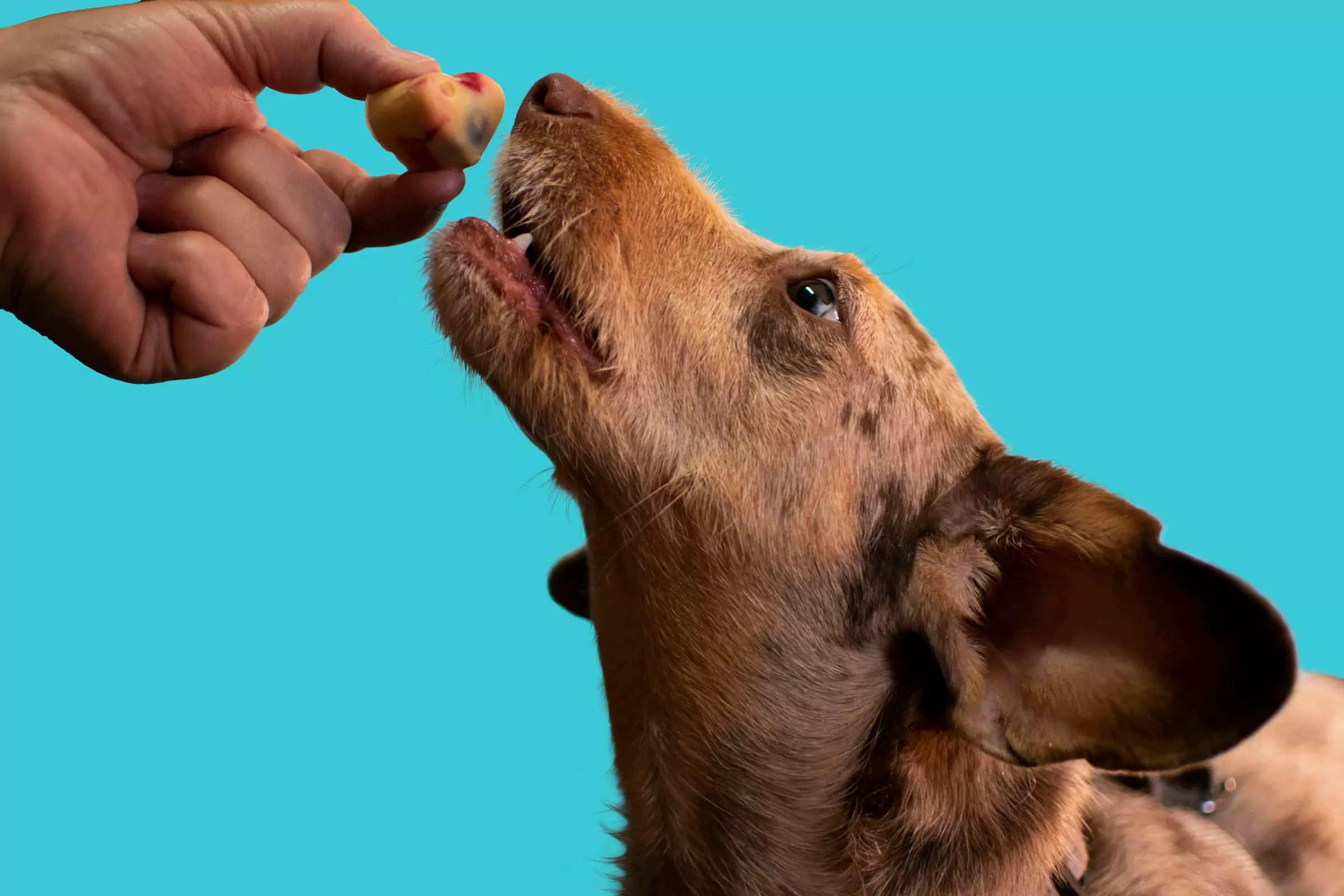
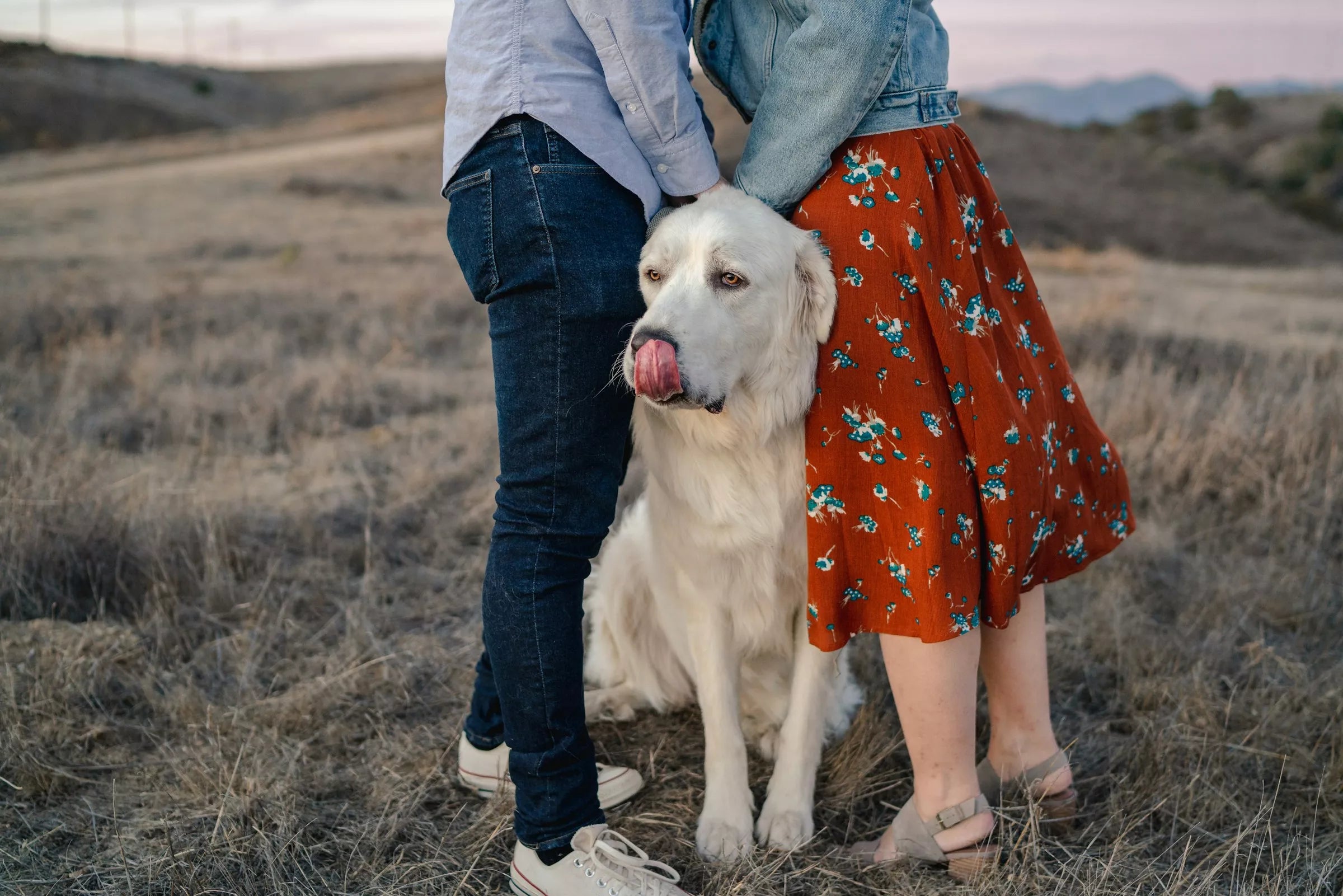
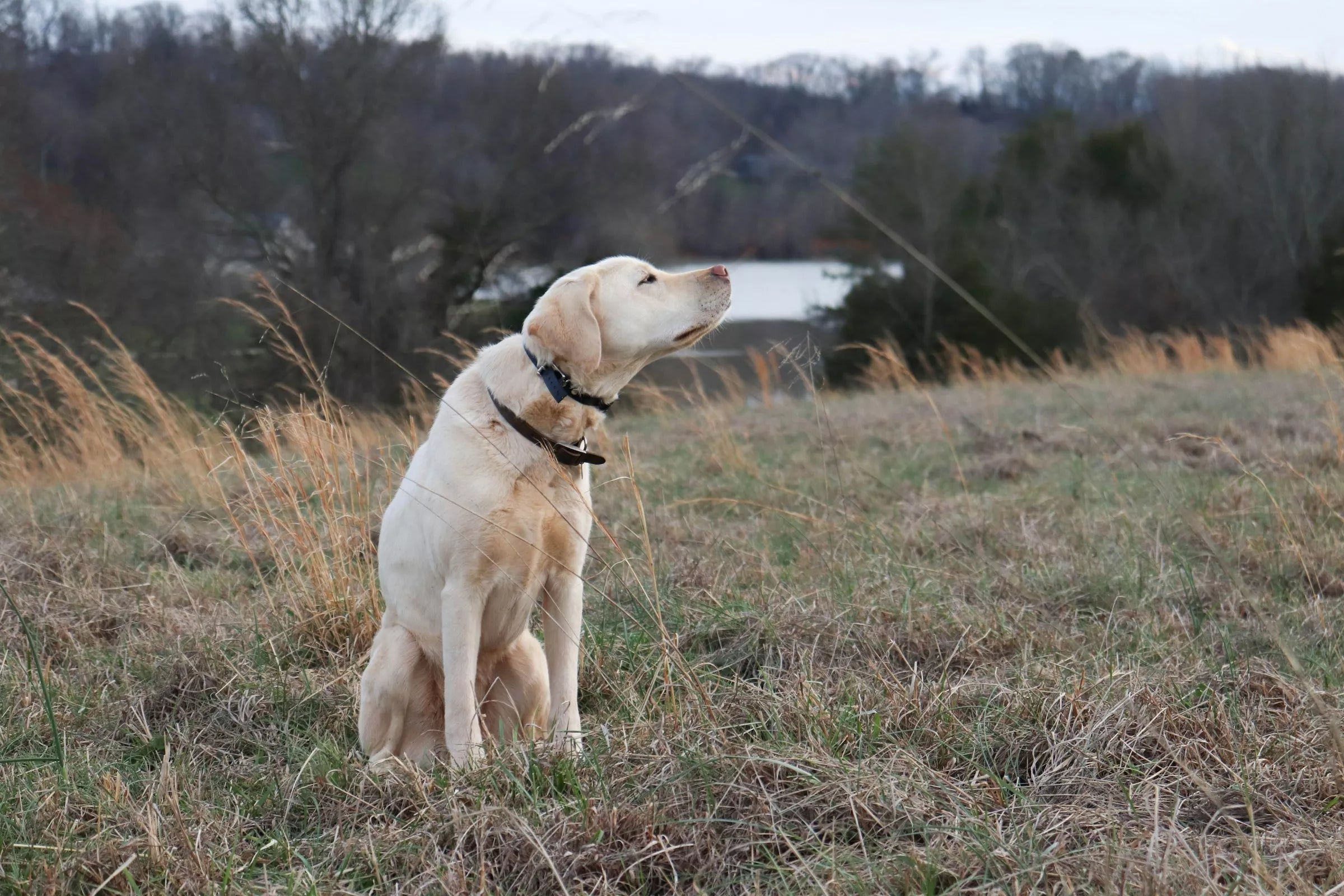
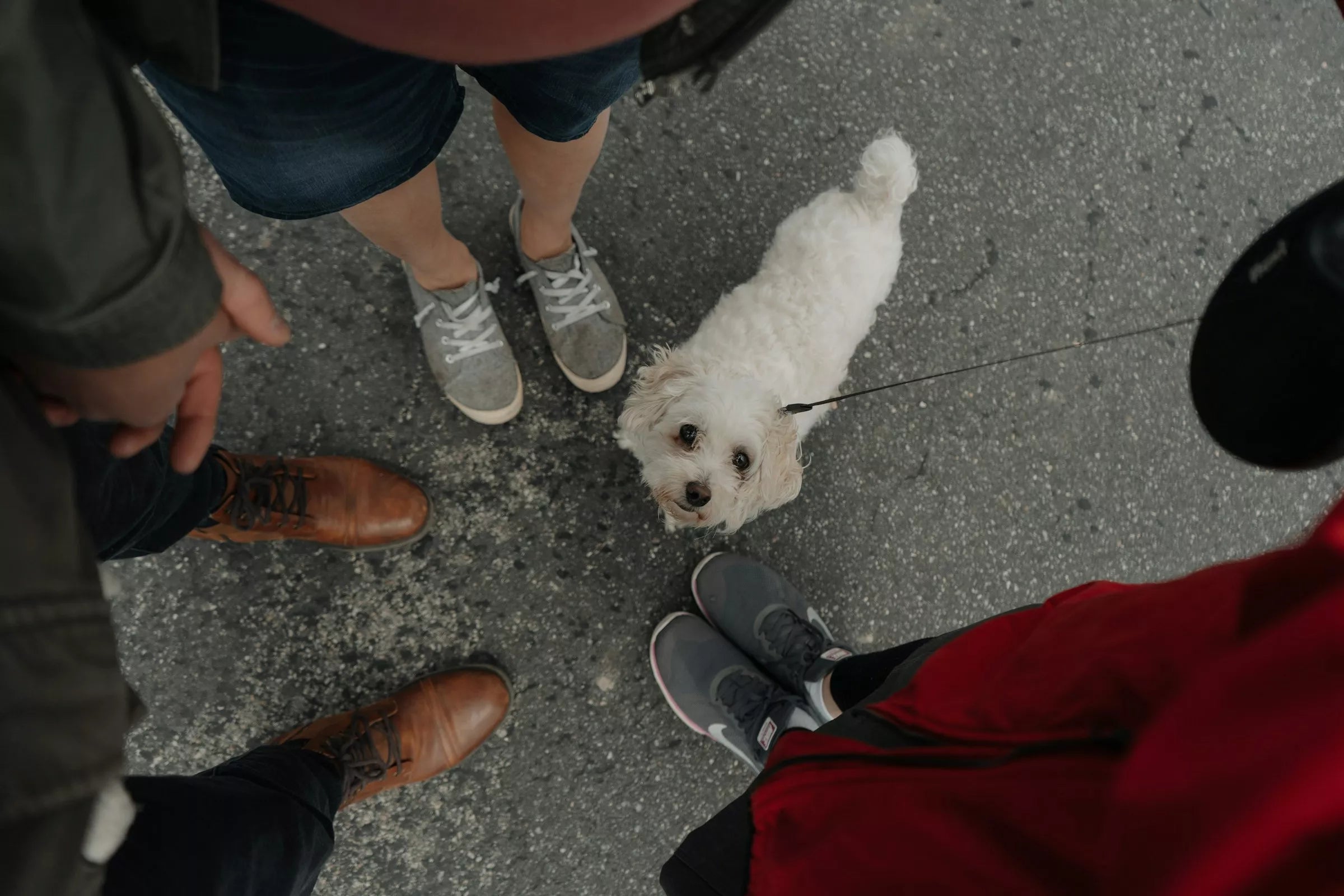
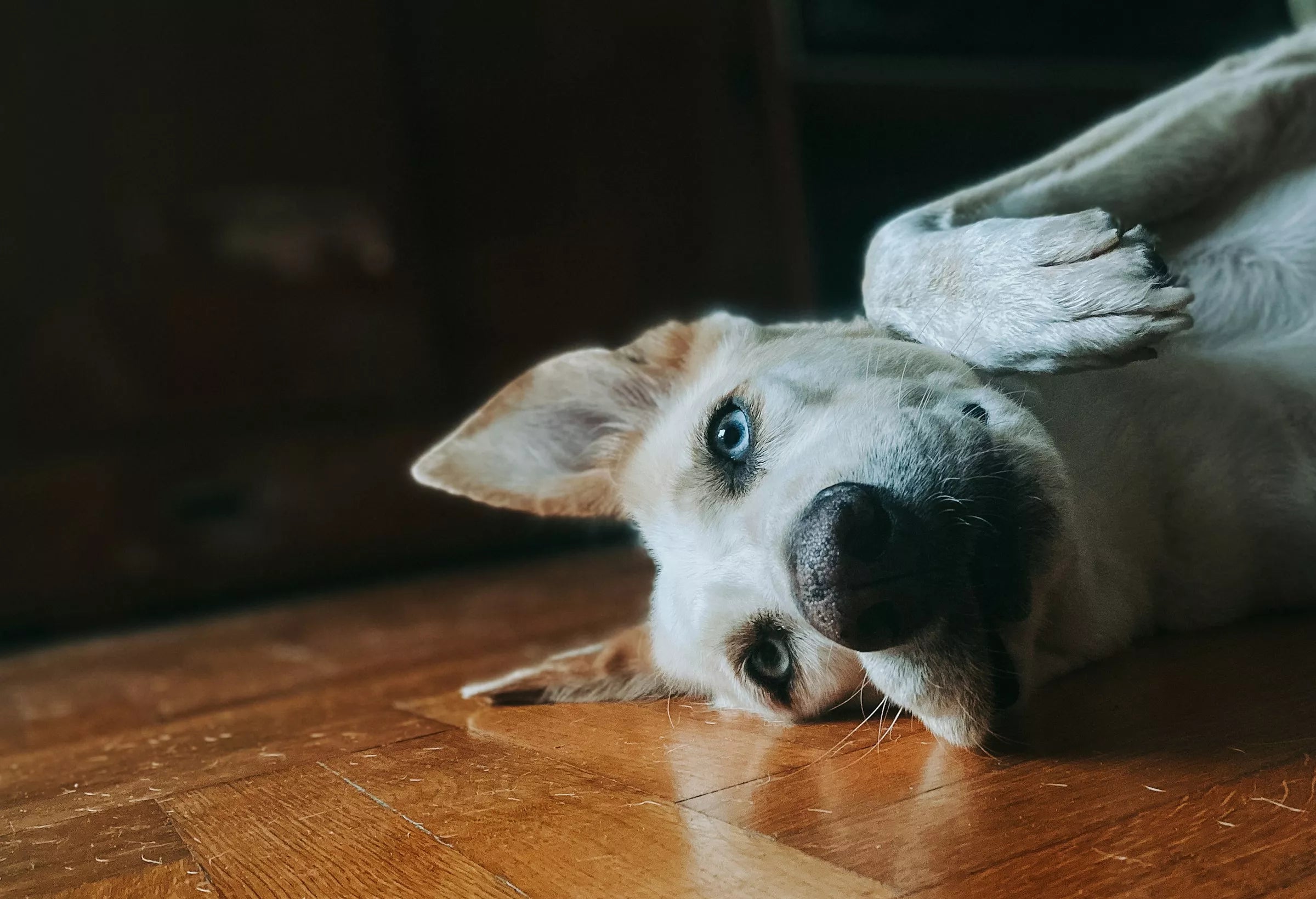
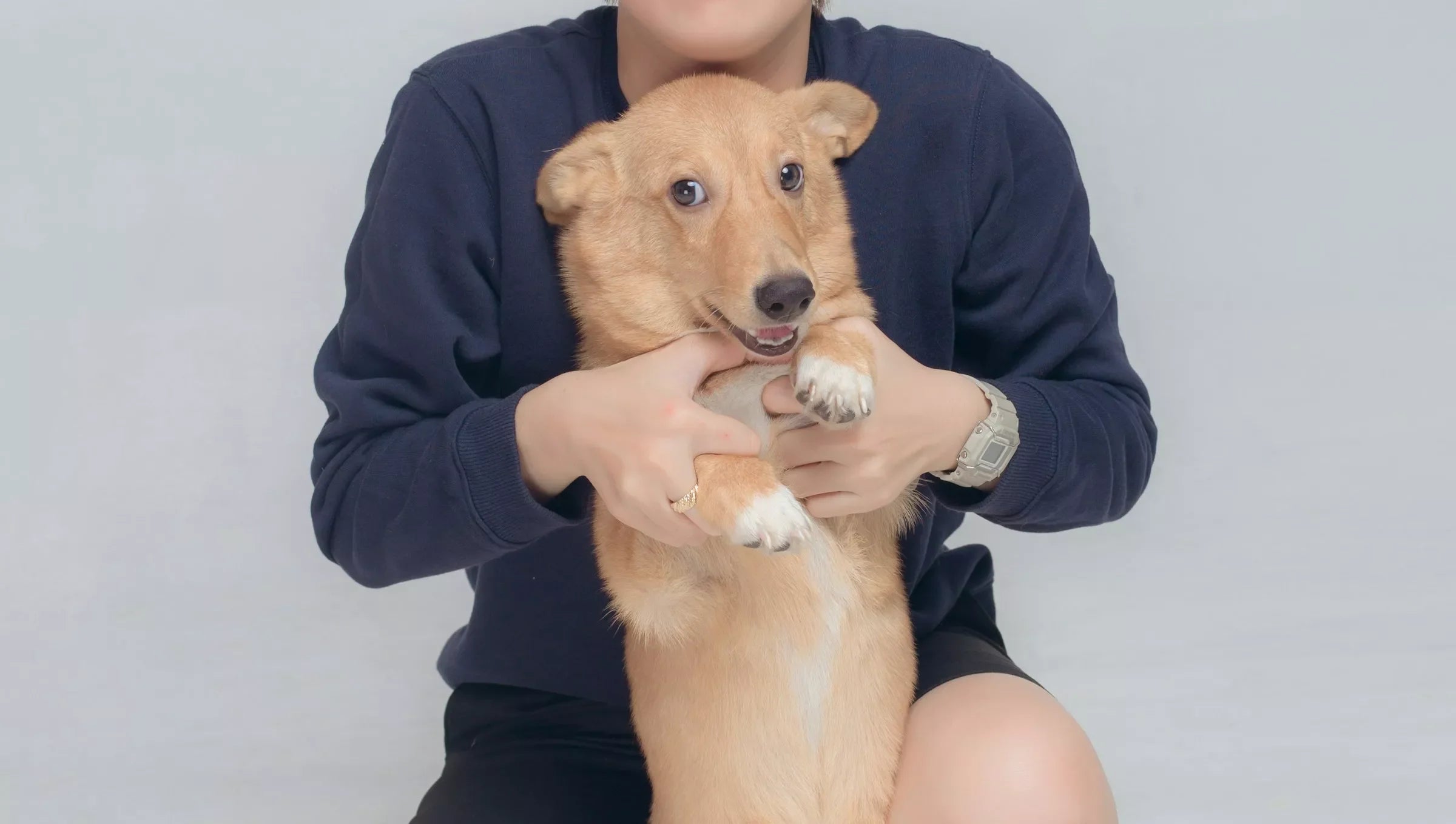
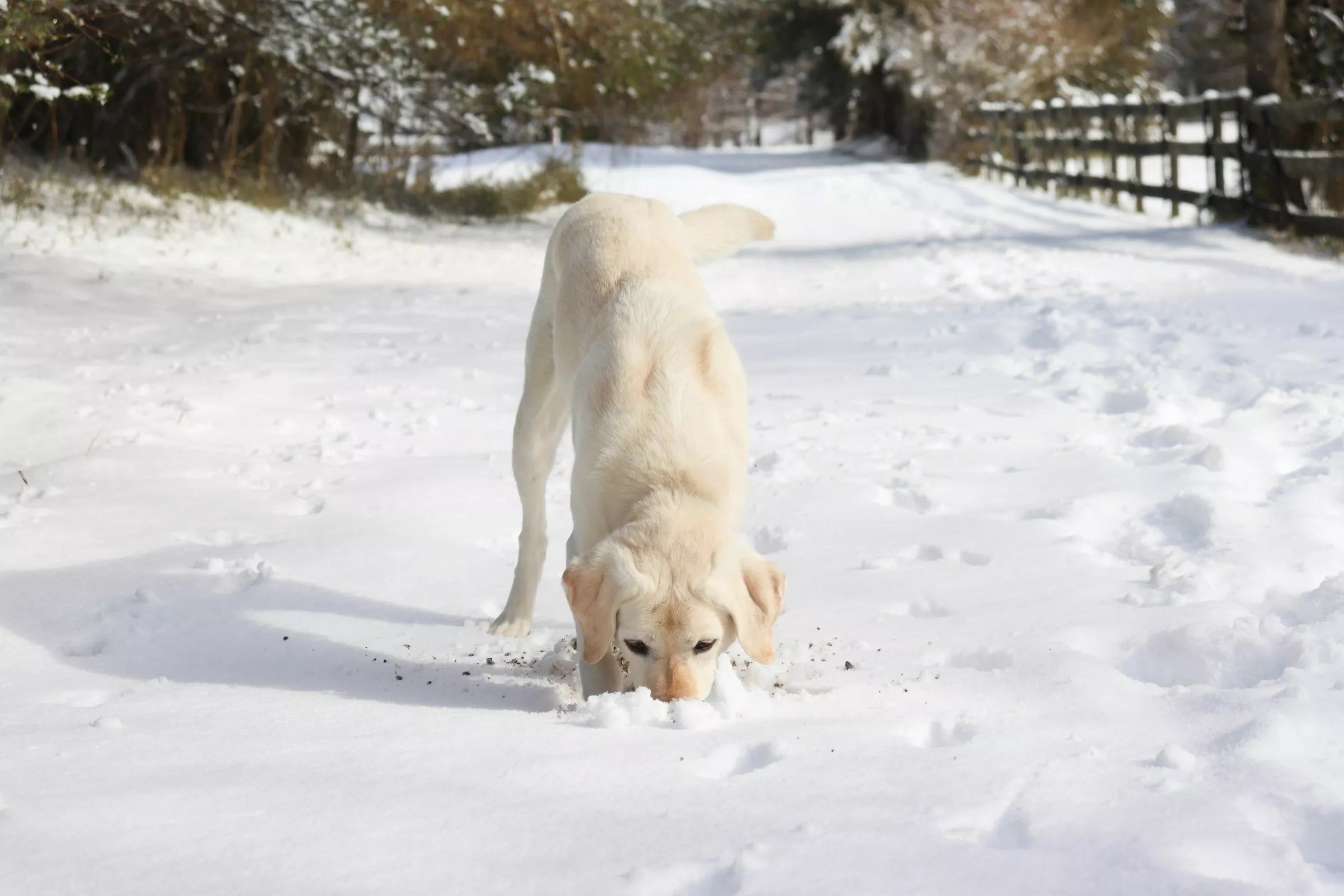






Share:
Top 10 Most Popular Dog Breeds
Front-Clip vs. Back-Clip Harness